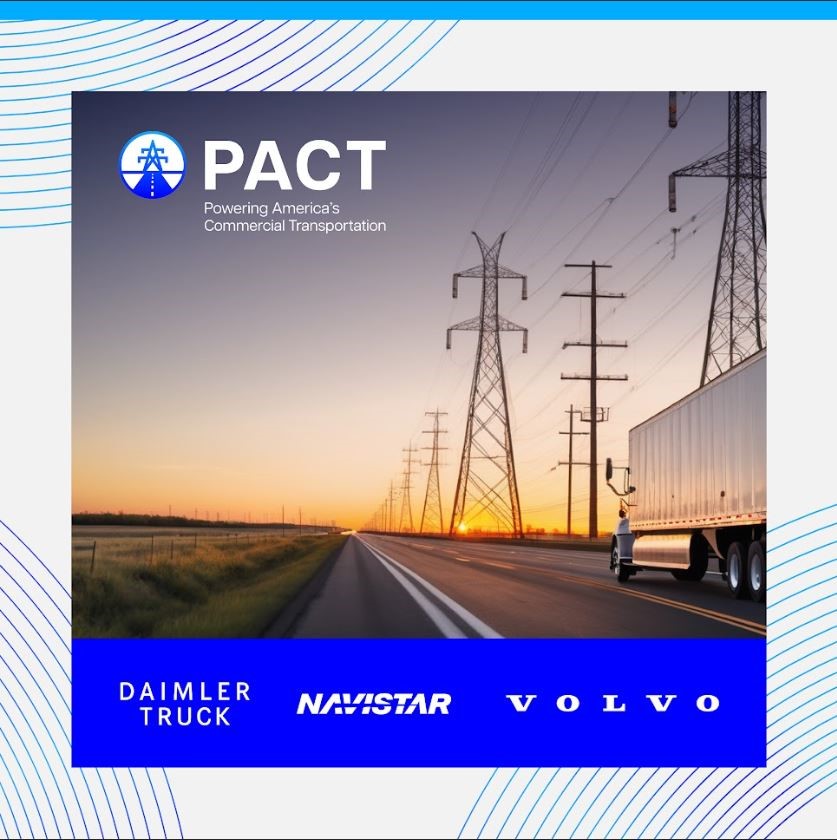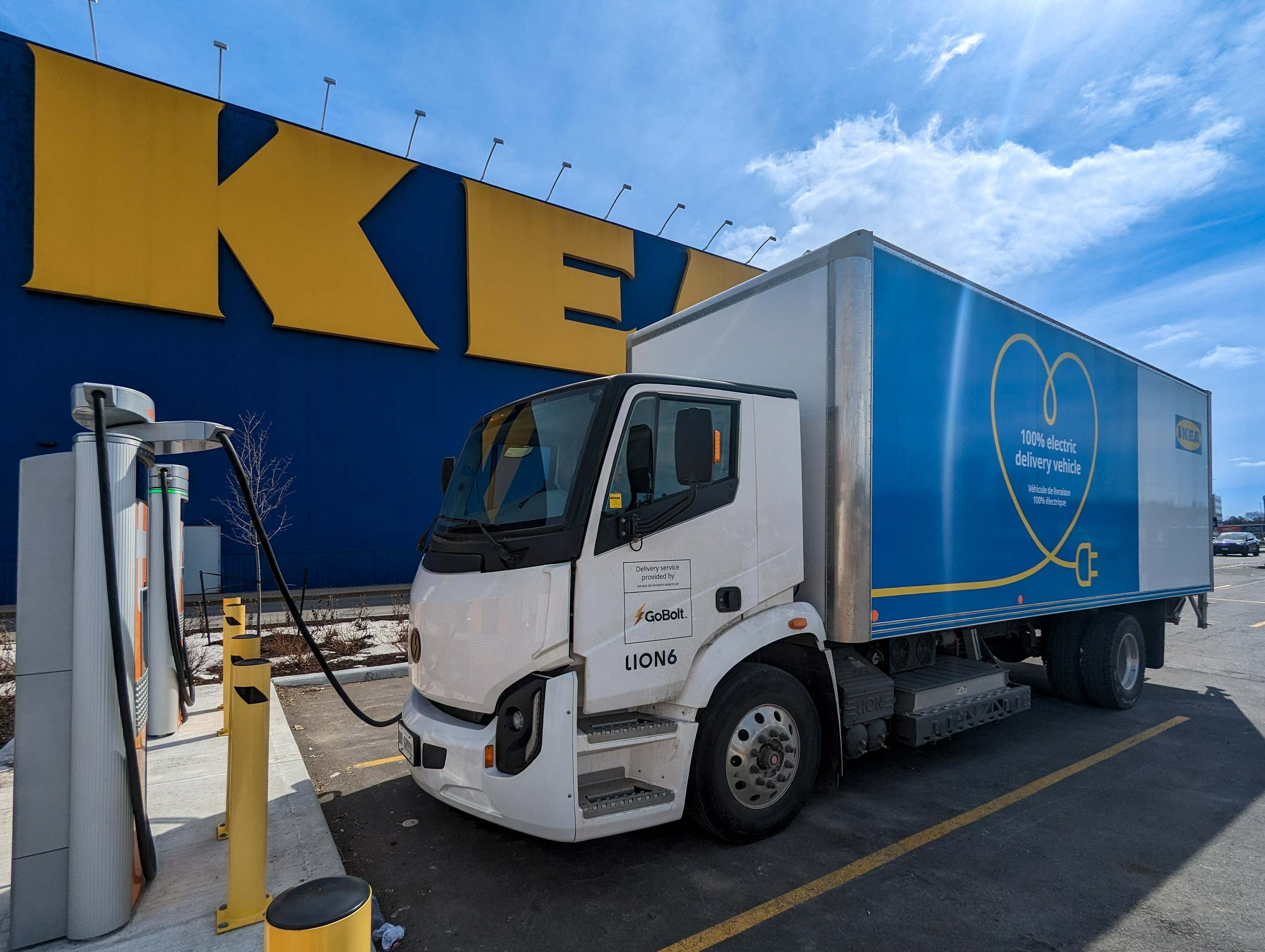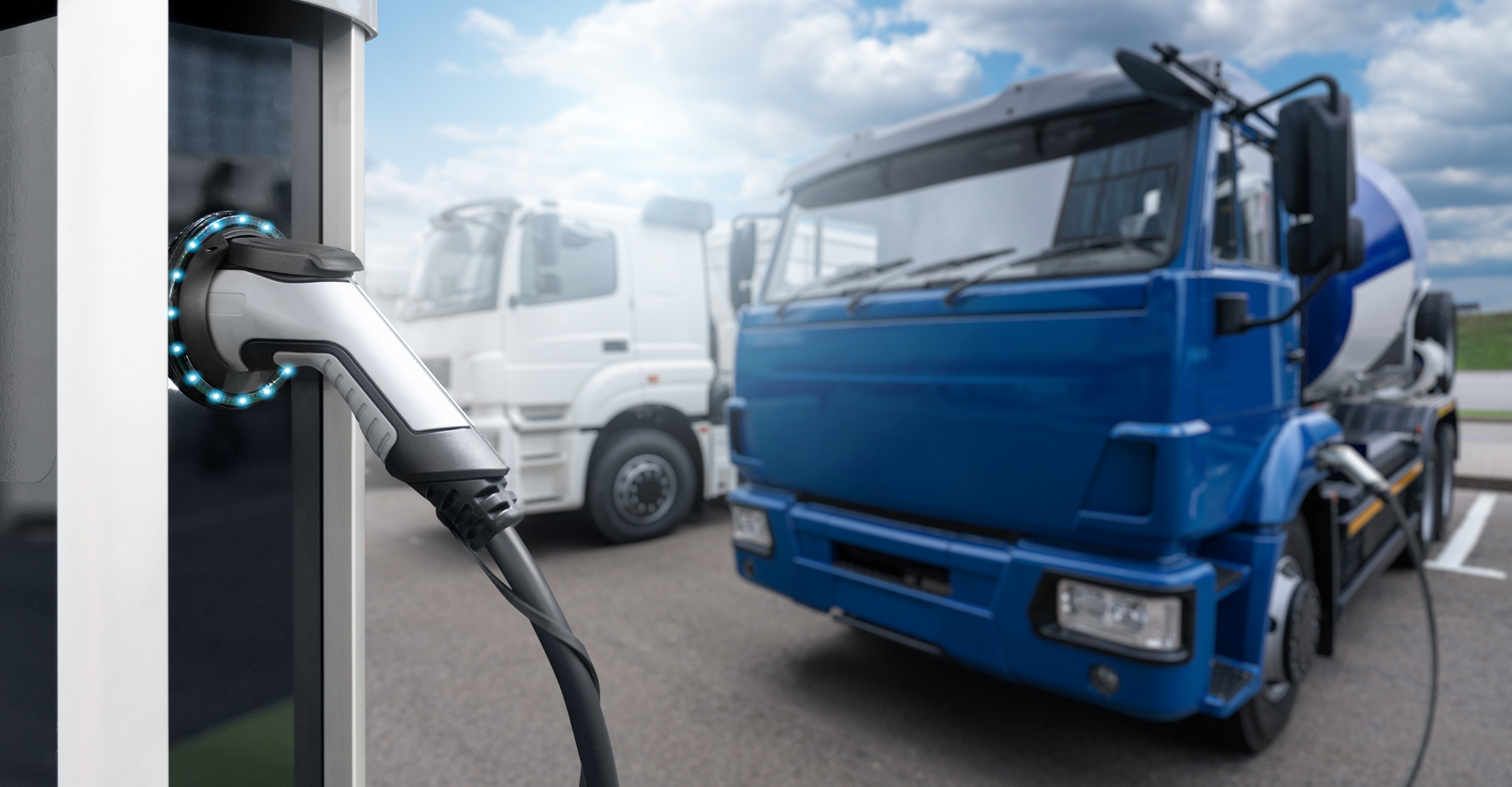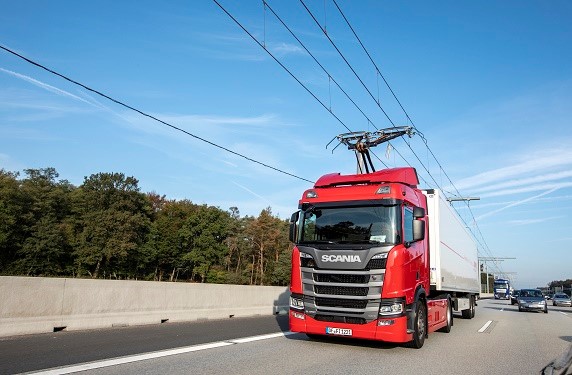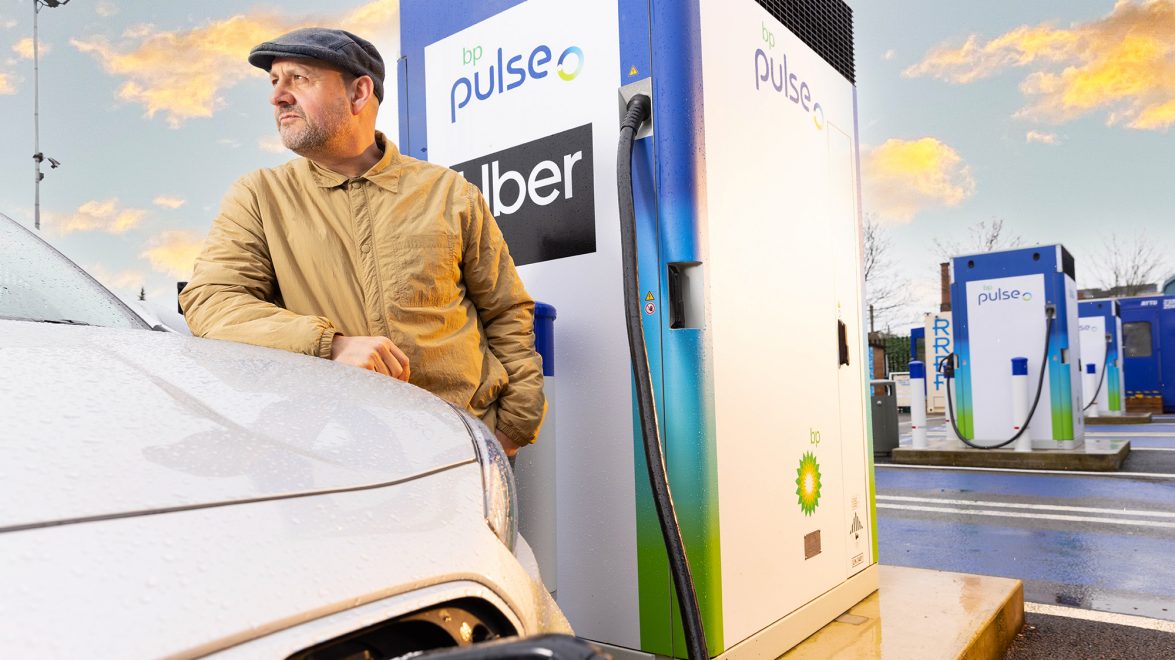
These are among the major findings in a new report from Climate Group's EV100 initiative, which tracks EV fleet electrification levels among its members.
AstraZeneca, Aviva, Barclays, Capgemini, Costain, Deloitte and Mitie are among members of Climate Group’s EV100 network that already have electrified more than 50% of their fleets.
Companies are driving the EV transition in a growing number of markets, with members committing to deploy EVs in countries including Kenya, Belarus, and Iran for the first time.
EV100 member Ingka Group, IKEA’s biggest retailer, now delivers emission-free across 20 cities worldwide, covering more than 300 IKEA locations.
In its latest Progress and Insights Report Climate Group found that the EV100 global network of companies committed to full fleet electrification advanced their plans with steady momentum over the last 12 months.
Nearly 70% of companies said they were able to sustain progress towards a 100% EV goal by 2030, the EV100 deadline – despite challenging conditions. Collectively, members added more than 127,000 EVs to their fleets over the reporting period. This brings the total number of EVs deployed by the network to over 700,000 across 76 markets.
Dominic Phinn, head of transport, Climate Group, commented: “Companies are leading the charge towards a cleaner, healthier transport future. But for these businesses to continue to push their EV transitions forward, the right operating conditions also need to be put in place — and fast. Policymakers worldwide must urgently step up their efforts to create the conditions needed to speed up the transition. This includes significantly expanding charging and grid infrastructure, establishing clear legislative frameworks that provide businesses with certainty and confidence, and launching public campaigns to build widespread support and understanding.”
Highlights from the annual report - Turning Commitment into Action: How Ambitious Fleets are Driving the Global EV Transition - include:
- Over the last 12 months, EV100 members have progressed fleet electrification plans with steady momentum. Despite challenging economic conditions and geopolitical uncertainties, around 70% of members stated they were able to sustain progress towards their goal of full electrification by 2030.
- Collectively, EV100 members added 127,000 EVs to their fleets over the reporting period. This brings the total number of EVs deployed by our network to over 700,000 across 76 markets.
- A growing number of companies are now reaching critical milestones. To date, 20 EV100 members have achieved 50% or higher conversion across their committed fleets, including AstraZeneca, Aviva, Barclays, Capgemini, Costain, and Deloitte.
- Members continue to demonstrate greater ambition by installing critical charging infrastructure to support the EV transition. They’ve now provided charging access to staff and customers in 4,277 locations globally.
- Meanwhile, in the MHDV segment, where electrification remains hardest, nearly 400 e-trucks have been deployed by members of EV100+, the heavy-duty counterpart to EV100. While significant challenges remain, this reflects an increasing acknowledgement that e-trucks are a viable technology for deployment across most use cases.
- The network increased the spread of their commitments to cover 130 markets. Members have committed to deploy EVs in 13 additional markets this year, including Belarus, Bosnia and Herzegovina, Democratic Republic of Congo, Ethiopia, Kenya, Iran, Mali, and Uzbekistan.
Karen Pflug, chief sustainability officer of Ingka Group, said: “As the largest IKEA retailer, operating in 31 countries, Ingka Group is committed to harnessing our size and scale to drive positive change. This includes our ongoing investment in the transition to zero-emission vehicles. Currently, IKEA products are delivered emission-free across 20 cities, in more than 300 IKEA locations, using a fleet of over 2,500 electric vehicles. To further accelerate progress, we will increase our investments, test innovative solutions, and continue to collaborate with industry partners."
Stuart Wright, Operations Net Zero Delivery Director at Aviva, said: “At Aviva, we are making important steps towards a sustainable future. We’re working to transition our fleet to electric or plug-in-hybrid vehicles in the UK and Ireland by the end of 2025, significantly reducing our carbon footprint and reinforcing our dedication to environmental responsibility and innovation. Being part of the EV100 initiative has been instrumental in our success, and we’re on track to meet our target.”
Chris Cubberley, head of fleet, Mitie, said: "We’re proud to boast one of the UK’s largest electric fleets – now at more than 6,000 EVs. We have worked tirelessly to overcome challenges and find creative ways to meet our driver’s needs through a diverse fleet. Whilst we have come a long way, the journey is far from over and we’re excited to continue finding innovative ways to transition the rest of our fleet to electric. Tapping into EV100 as a platform for organisations to learn from each other in the shared pursuit of a greener future has supported these transition efforts.”
The report features a series of case studies on how companies are finding innovative solutions to challenges in the EV transition. This includes EV100+ member Prologis, the global logistics real estate company, who created a self-sufficient microgrid to power North America’s largest heavy-duty electric vehicle charging hub, the Denker project.
Henrik Holland, global head, Prologis Mobility, said: “We are tackling real-world challenges to help our customers get their electric fleets on the road faster. For the Denker project, waiting years for a power upgrade wasn’t an option. In less than a year, we delivered an industry-first solution to energize the trucks and get them on the road. At Prologis Mobility, we aim to make the shift to zero-emissions transportation seamless while driving economic efficiency for our customers.”


